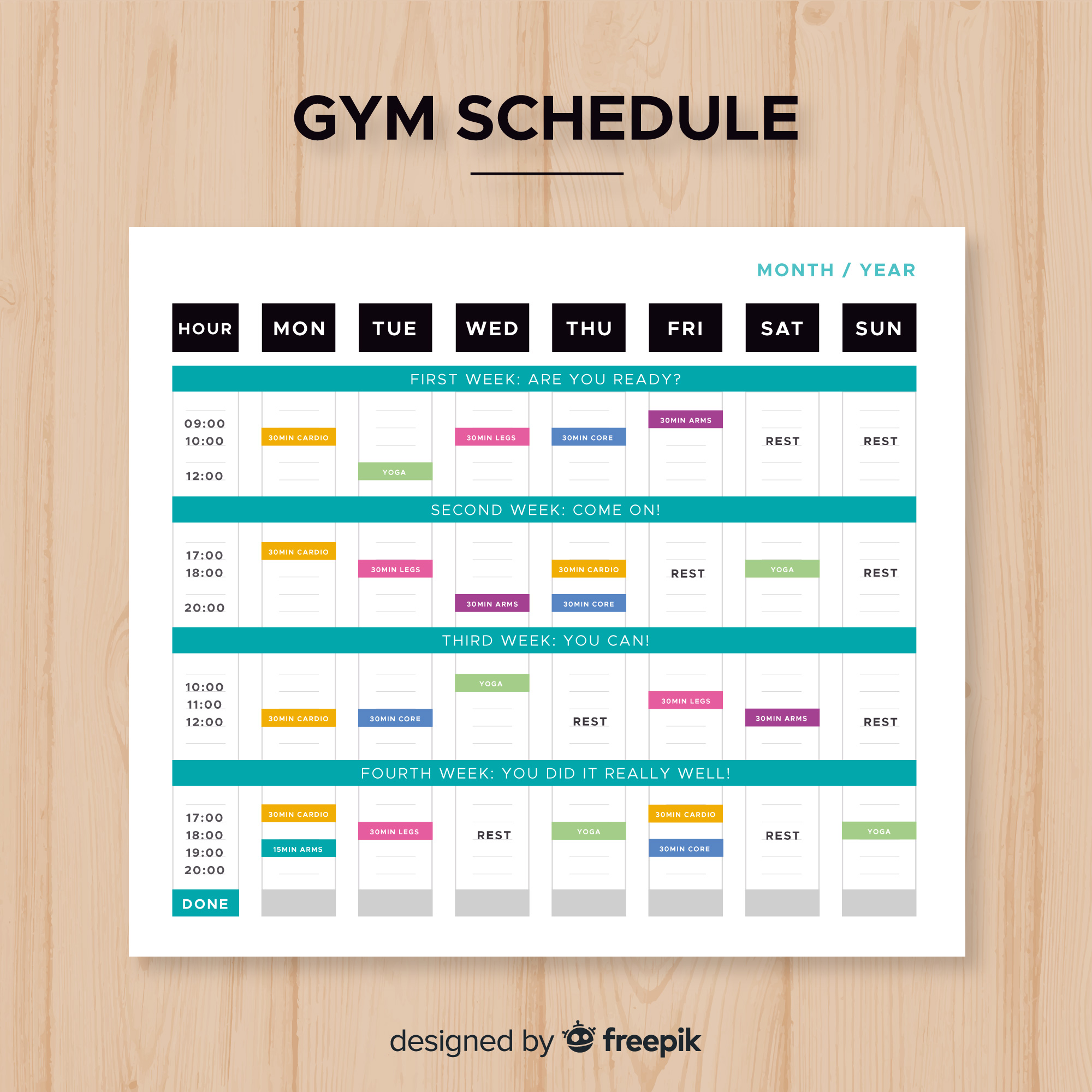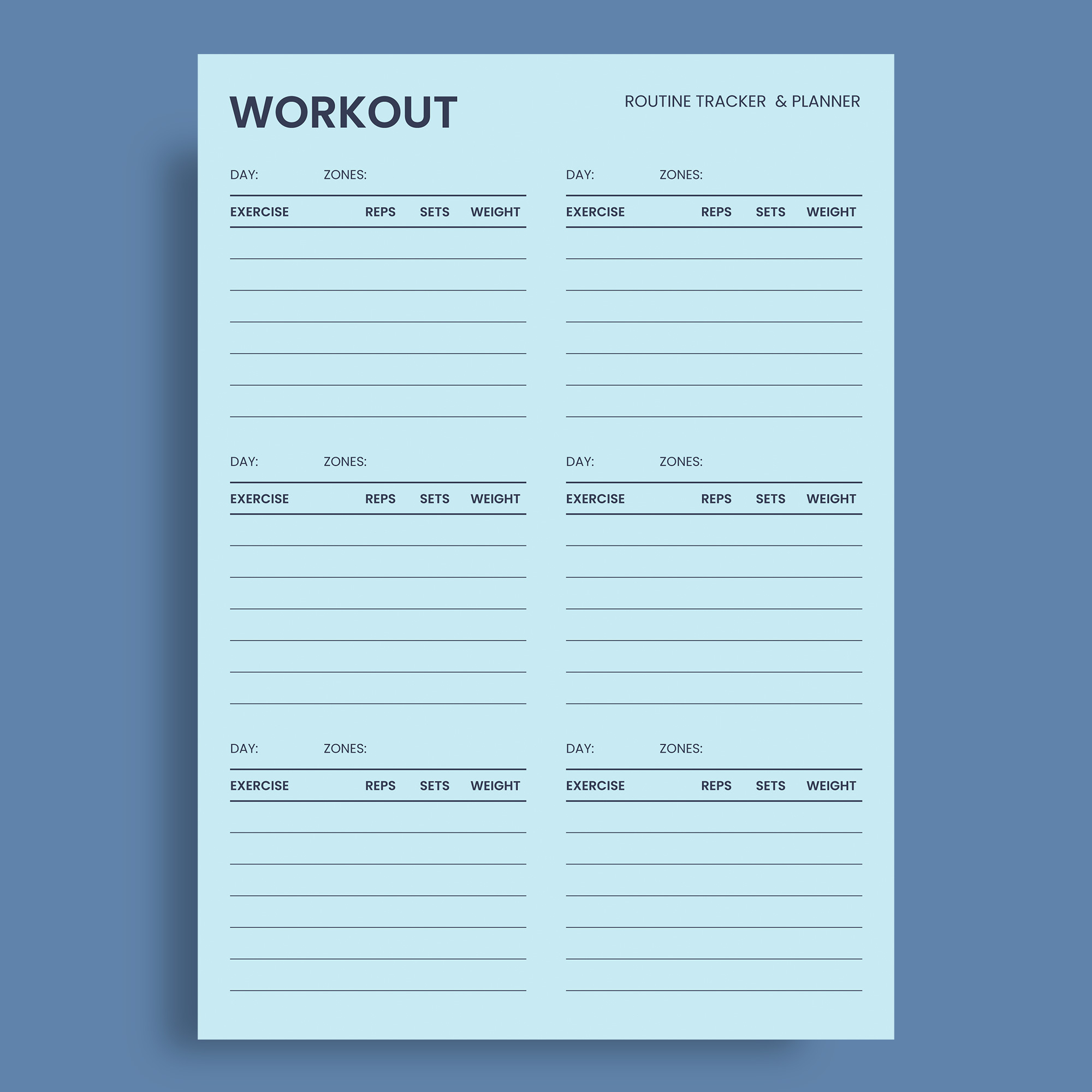Work Out When You Don’t Want to!
Every day before I work out, I think of at least ten different things I could be doing besides my exercises. Why? Because my mind chooses to play convenient tricks on me to get me to procrastinate. Call it laziness or a defense mechanism to avoid some pain and discomfort. But in all honesty, it is a lack of discipline. And I know I am not alone.

If not laziness, then what is it?
A 2019 New York Times article titled “Why You Procrastinate (It Has Nothing to Do With Self-Control) ” posits that procrastination is not a typical character flaw like laziness or improper time management. Instead, it is an innate system that regulates our pessimistic emotions and unenthusiasm when performing specific tasks. Frankly, I do believe it’s laziness, but go on. The article says that “people engage in this irrational cycle of chronic procrastination because of an inability to manage negative moods around a task.” And that is true.
In other words, doing particular tasks/jobs/chores/duties brings terrible moods. Dr. Tim Pychyl, Psychology Professor of the Procrastination Research Group at Carleton University in Ottawa, says, “Procrastination is an emotion regulation problem, not a time management problem.”
Dr. Fuschia Sirois, professor of psychology at the University of Sheffield, says that procrastination is more about; “the immediate urgency of managing negative mood than getting on with the task.”Dr. Sirois says that procrastination becomes chronic because we tend to control our negative attitudes poorly.
The saddest part is that any relief achieved by procrastinating is temporary and will exacerbate the endless planning cycle. The idea of freeing ourselves from not doing something ultimately leads to feelings of disappointment, failure, and self-worthlessness. Consequently, all our efforts to put things off and bypass unpleasant sensations make us feel much worse.
How do we bypass procrastination?
Getting over procrastination is as easy as self-forgiveness. New York Times writer Charlotte Lieberman cited a 2009 study from Carleton University’s Department of Psychology that concluded that self-forgiveness for procrastinating reduces future procrastination because it promotes feelings of self-worth and a positive mental outlook. Forgiving ourselves also helps us overcome the powerful sense of shame.
Ways to manage workout procrastination.
Before every workout, ask yourself, why am I working out today? What is my purpose? What are my goals? The idea here is to define your reasons for working out. You know why you began your plan. You know you can only reach your fitness goal by completing workouts. The only way to do that is by achieving your scheduled task today.

Take a photo of yourself.
Keep a digital fitness album of daily images as a chronological appearance journal. Be sure to date stamp the photos. At the end of each week, reflect on the week’s pictures and look forward to the upcoming week’s snapshots. By the end of every month, you will have significant progress data to show your efforts. You will look forward to your next photo and following workout every day.
Keep to a specific schedule.
Sure, things will occasionally get in the way of your plan. The idea here is to create consistency through commitment.
On days when you are short on time, try to get in a mini workout instead of not doing anything. Shoot for 10-15 minutes. You will be surprised how effective a quick workout can be. Furthermore, you will feel a strong sense of accomplishment.
A small workout is better than skipping. But if you cannot work out at the scheduled time, consider an earlier or later time. If time still does not allow, DO NOT BEAT YOURSELF UP! I repeat, don’t do that. Return to it tomorrow, or you’ll be on your next scheduled date and time, so keep going. Stay on schedule, and don’t look back.

Reward Yourself.
Sarah Elizabeth Richards of the Daily Burn suggests treating yourself to a smoothie at the end of your workout. Her article wisely encourages this chronic reward system to trick our brains into associating working out with getting a well-earned treat. Guys, this works! Try it.

Create a favorite song power list.
I don’t particularly appreciate doing 60 straight minutes of cardio in health clubs. I consistently got through it by having my personalized power playlist of songs. Every cardio day, I would get on the machine and hit play on my media player. By the twelfth dance, the track was over, and so was my cardio for the day.
Don’t start going hard.
Ease into each part of the workout, then slowly pick up momentum and output until you peak at your highest level. This is an excellent way to incorporate a pyramid method of resistance training. Increasing the weight and decreasing the repetitions for each subsequent set is how to increase strength and gain muscle size.

Try high-intensity interval training.
(HIIT) workouts that alternate between solid surges of activity and periods of less intense movement with small pockets of rest. HIIT and pyramid workouts can motivate you to keep going and provide small respites to catch your breath.
Create a Fitness Journal
Record your exercises, sets, reps, stretches, cardio, and session duration. Doing this will provide you with a backup library of routines and list all of your accomplishments and the challenges you have faced along the way. See our previous article on “10 Reasons to Record Your Fitness Journey,”
The value of discipline lies in accomplishing tasks. Practice enables us to cultivate positive behavior, train our minds and bodies, concentrate on our objectives, and manage our emotions. I cannot emphasize enough the value of discipline. With discipline, consistently carrying out tasks and accomplishing goals is possible.
Practice enables us to cultivate positive behavior, train our minds and bodies, concentrate on our objectives, and manage our emotions. We will revisit the subject of discipline in future articles because it is the most important characteristic when reaching goals and overcoming challenges.
Conclusion:
There are many more ways to stay inspired and ward off procrastination than here. If you have read any of our previous articles on health and fitness and overall wellness, you may have picked up on my theme of keeping things simple. Our philosophy on fitness is to take things slowly and try not to complicate them. It isn’t a race; it’s a lifestyle. So slow down, work out with the right intensity, stay consistent, and enjoy the ride.
Before starting any new health and fitness program or taking supplements, it’s crucial to consult with your healthcare professional. They can provide personalized advice based on your medical history and current health status, ensuring your new regimen is safe and effective. This step helps prevent potential health risks and ensures that any changes you make are beneficial and sustainable in the long run. Your healthcare professional is your best resource for making informed decisions about your health and wellness journey.






